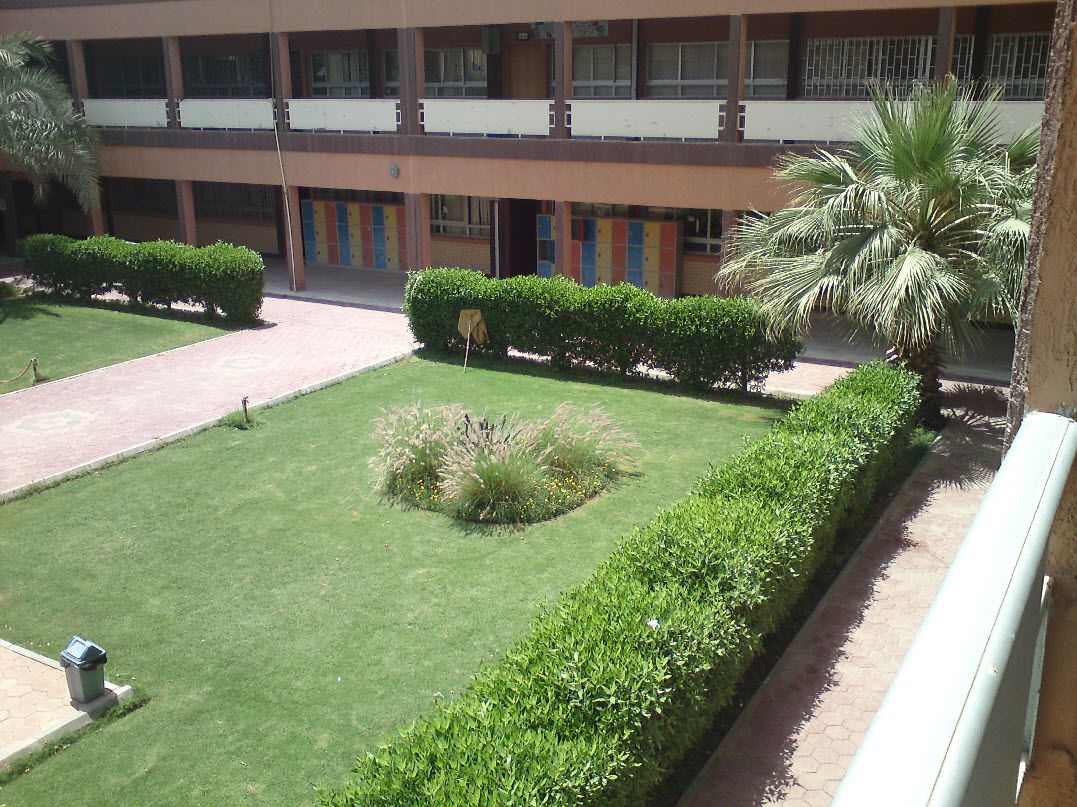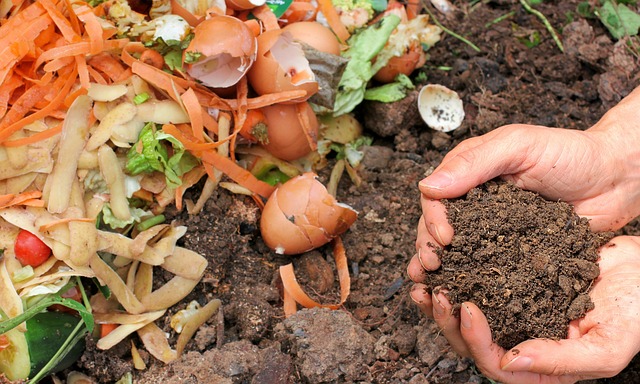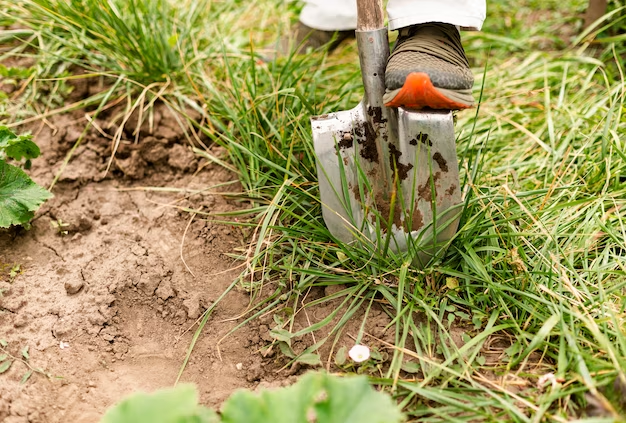
SUSTAINABLE SCHOOL AND GARDEN
projectsAt Sanaubar, creating a comprehensive program for students about the importance of having sustainable schools and gardens will be educational and attractive.
From seed to succeed
Sustainable Schools and Gardens Activities
At Sanaubar, one of our most important goals is to teach students the importance of sustainability through hands-on learning experiences. We believe that by providing students with the tools and knowledge they need to create sustainable environments, we can make a positive impact on our community and the environment. Our sustainable school and garden activities include:
01
Designing sustainable gardens in vacant spaces or lands available within vulnerable communities and rehabilitating them, including planning and choosing appropriate and productive plants for cultivation and making them a park in which people can spend an enjoyable time.

Creating Garden
02
Fertilization is an essential element in making the garden sustainable by improving soil health and reducing the need for chemical fertilizers. It contributes to preserving natural resources and reducing the garden’s carbon footprint.It enhances environmental and economic sustainability and creates a balanced ecosystem that supports plant life. Here the focus is on training on the importance of preserving soil and making natural organic fertilizer from organic waste such as food scraps and dry leaves, which reduces the amount of waste sent to landfills. It contributes to reducing greenhouse gas emissions from landfills, as organic materials are converted into nutrient-rich soil instead of decomposing in landfills.

Composting
Workshops on composting
03
Students take training in regular watering of the garden and rationalizing water consumption when watering, weeding, and mulching. Monitoring plant growth and health and managing pests to which plants can be naturally exposed.

